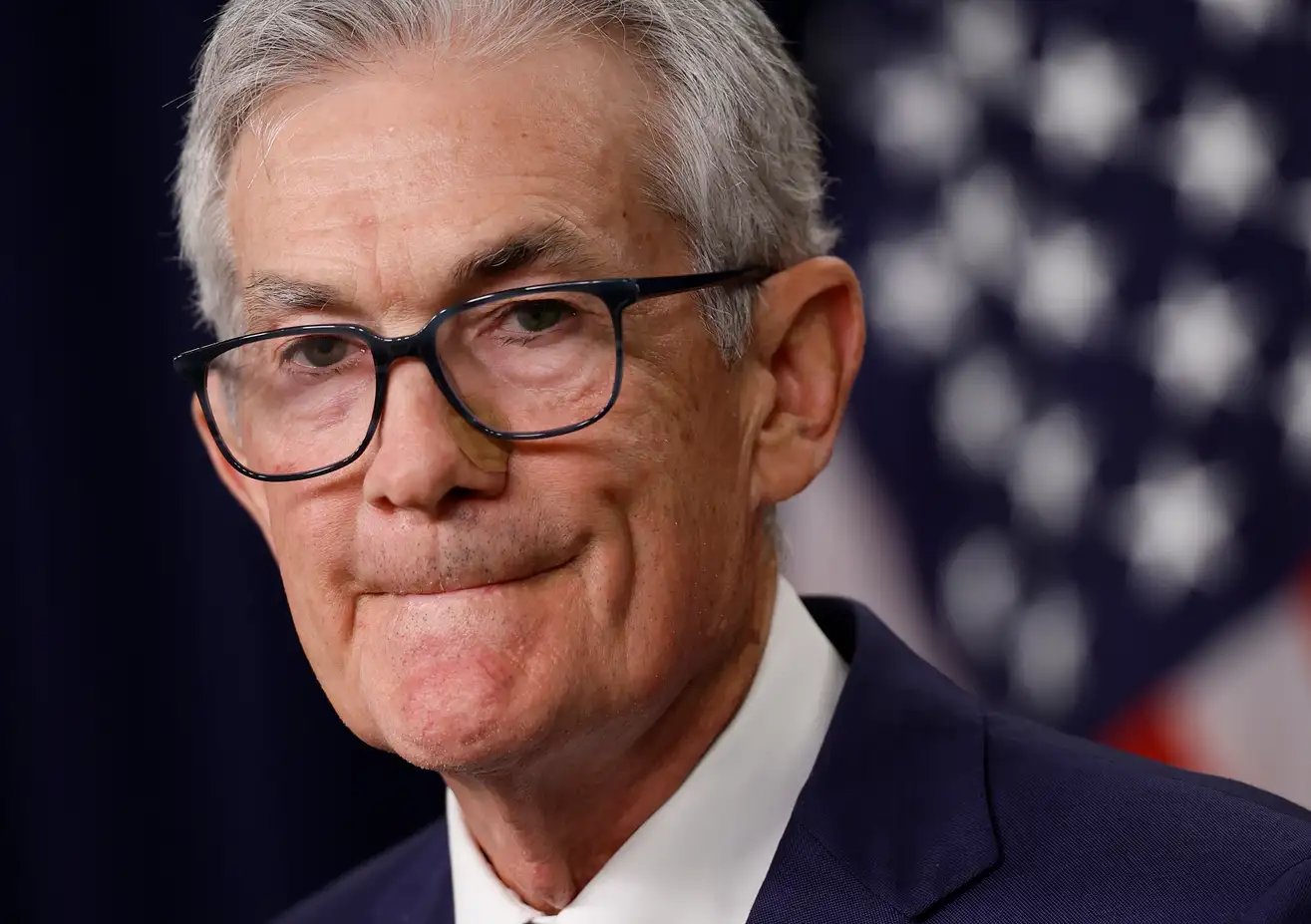All eyes are on Jerome Powell at Jackson Hole as investors wait for interest rate cuts
The Federal Reserve chair will speak at the annual Jackson Hole Economic Symposium on Friday

The stock market is in the green, recovering losses from the previous week, thanks to positive inflation news, consumer spending data and strong economic reports that have eased recession fears. With that, all eyes are on the upcoming speech by Fed Chair Jerome Powell on Friday at the annual Jackson Hole Economic Symposium, which could influence expectations for future rate cuts.
Suggested Reading
What’s going to happen at Jackson Hole?
Powell is set to speak Friday at 10 a.m. E.T. in front of central bankers, policymakers, and others, continuing the tradition of Fed chairs delivering keynote addresses at Jackson Hole. Typically, the event does not focus on announcing interest rates or policies. However, this year’s speech is significant as investors are anticipating a statement from the Fed Chair and hoping for valuable insights.
Related Content
Analysts widely expect Powell to pave the way for a September rate cut. Recent inflation data, including the Consumer Price Index (CPI) and Producer Price Index (PPI), are slowing, while retail sales and employment data remain strong. Powell is likely to emphasize that inflation is trending in the right direction, boosting the Fed’s confidence in achieving its 2% target.
How much will the Fed cut interest rates?
Investors will also be watching the minutes from the Fed’s meeting, which will be released at 2 p.m. Eastern time on Wednesday, as well as initial weekly jobless claims data due out Thursday morning. It is expected that the Fed will make indications about the potential reduction this week.
The current interest rate ranges between 5.25 and 5.5%. Since March 2022, the Fed has increased interest rates 11 times, and the current level has remained steady since July 2023.
Morgan Stanley, Goldman Sachs, and the CME FedWatch Tool all anticipate a 25 basis point reduction in September. Some economists are even forecasting a 50 basis point cut next month. The key question seems to be not whether the Fed will cut rates, but rather by how many basis points and whether investors should anticipate further cuts later in 2024.
While such rate cuts won’t instantly transform Americans’ lifestyles, they provide crucial insights into economic performance and the outlook for monetary policy. These decisions have broader implications, affecting not only the U.S. economy but also global financial markets.
